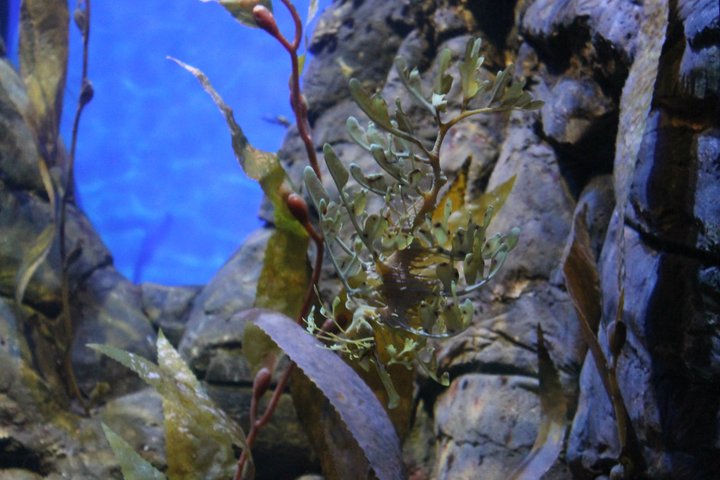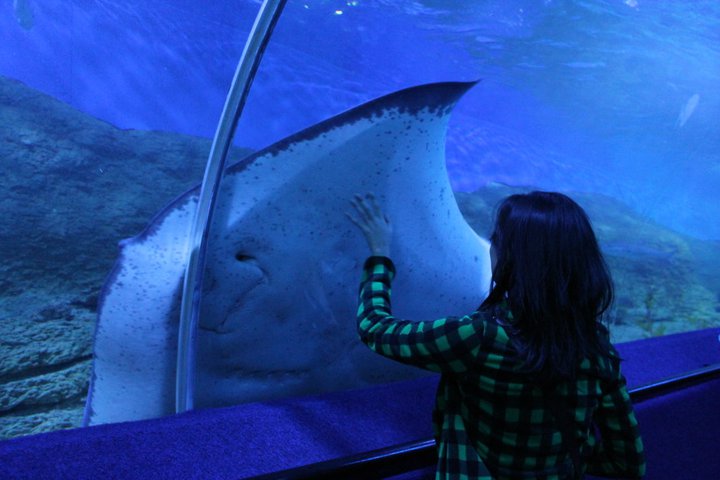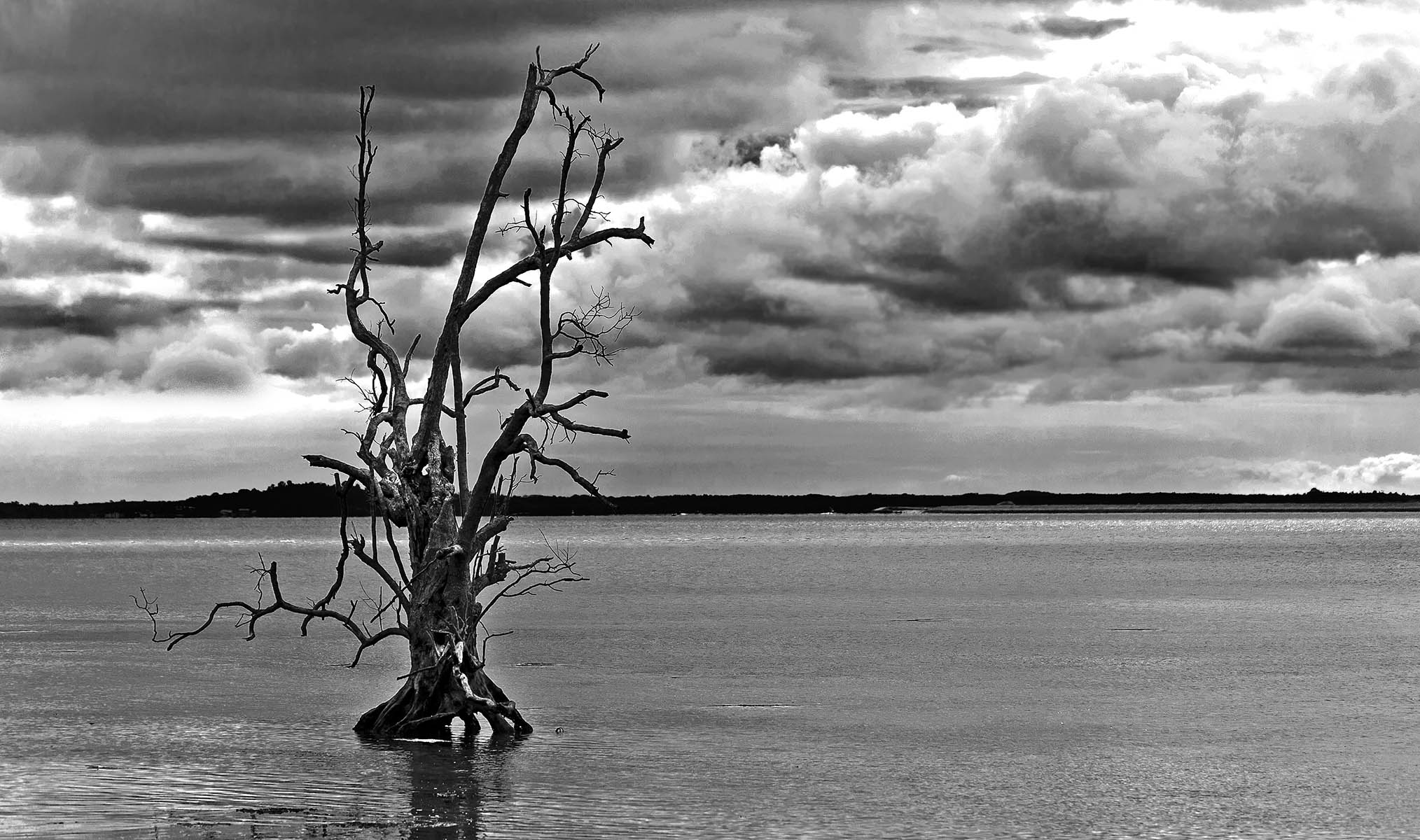I have been waiting for a course that brings psychology and my love for nature together for the longest time. So when I found out Conservation Psychology was offered for this semester, I added it to my timetable immediately. Never mind that it clashes with a couple of million of other courses I wanted to take, and never mind that I’ll have classes on Tuesday, Wednesday and Thursday. I just wanted to take the course.
I’ve always maintained that I should never study something that I truly love, just in case it becomes an obligation and I started to get disillusioned. I love literature, but studying for HL101 was torture, and I didn’t want to risk my love for nature for that. My affection for animals and trees and the ocean was something that was extremely personal for me, and I was afraid that this course would destroy that.
 (Taken at The Aquarium of Western Australia)
(Taken at The Aquarium of Western Australia)
However, even up till today, I have never left a lecture or class thinking that I have learnt nothing. Not only has the course further piqued my interest for the subject, it has also given me the opportunity to learn the theoretical explanations and theories behind the reasons whether or not people conserve the environment, as well as impacts of human behavior on the planet. Before taking this course, I’ve always thought people were the root of all evils that has to do with the environment. I used to scold my family for using Styrofoam containers, and even checked out this song from the Church of Euthanasia. It was very extreme, and a little naive and silly. I have gained a lot of insights, and that is why I feel that I have grown a bit over the semester.
On zoos, aquariums, and nature parks
I love zoos and aquariums, and many times I have thought about the ethical concerns of these places. It is cruel to hold an animal captive in small areas, and even if they are designed to closelyresemble the wild, ultimately it isn’t. This is especially so for aquariums; no tank can ever be big enough to parallel the vastness of the ocean.
 (Taken at The Aquarium of Western Australia)
(Taken at The Aquarium of Western Australia)
However, I have always wondered if this bit of cruelty is fair in exchange for public education and awareness. It’s like how we need people to test new medicines before they are made available to the public. Kind of like sacrifices. Even with that thought in mind, I have always struggled to reconcile the two arguments. To be honest, I’m not surprised that visitors of zoos and aquariums don’t actually leave the place with some sort of new gained resoluteness to protect the environment, or at least appreciation for the beauty of nature. Once, when I was on the Chek Jawa boardwalk with a friend, a couple of visitors whizzed past me, not even looking at what’s under the boardwalk, and a lady shouted to her boyfriend:
“Hey! Look! That boat is so big! Take a photo of that!”
Boat?
Why would you come to Chek Jawa to take a photo of a cargo ship?
 (Taken at Pulau Ubin, Singapore)
(Taken at Pulau Ubin, Singapore)
Also, my friends and I have been to the zoo many times, but once she texted me to ask if a beaver and an otter were the same animal. This is why, I think, out of all the concepts I have learnt so far, this is the most important – how can we increase the education value of zoos, aquariums, and parks without compromising the quality of life of the animals and organisms that live in it? For such an urbanized country like Singapore, many don’t get the chance to interact with wild nature, much preferring to go to such parks where nature is managed and less messy. It is therefore vital to take any chance we have to educate them about the importance of conservation.
Since the semester is ending soon, I hope to be able to apply what I have learnt to help protect the natural world, and also more importantly, change the attitudes and the behaviours of the people around us. Conservation psychology may be a rather new field, but in view of the ecological crisises we are in, I am sure it will be more relevant than ever.
